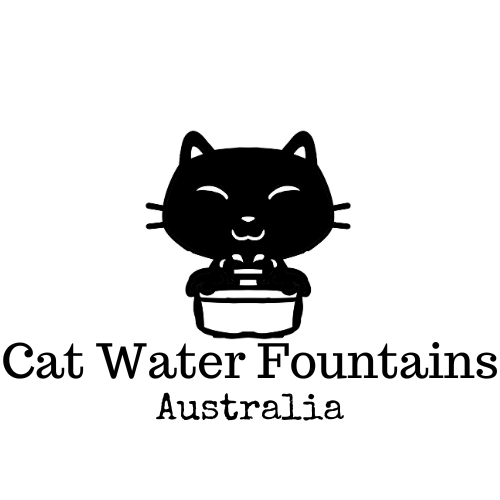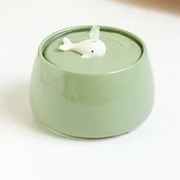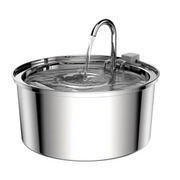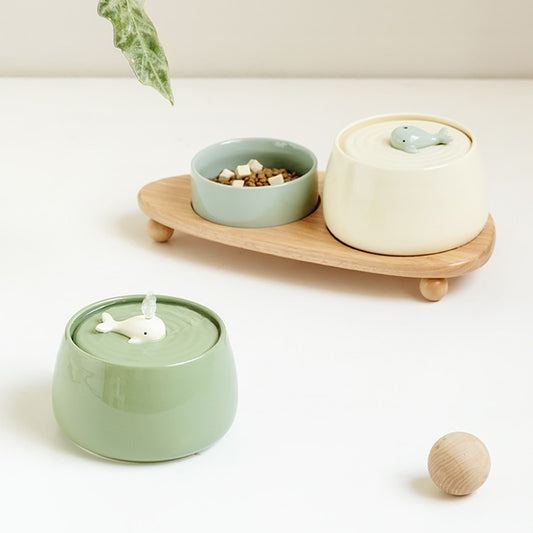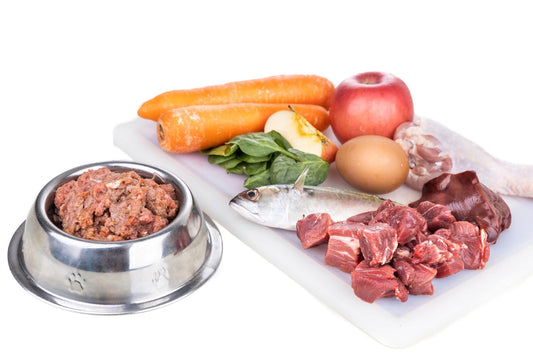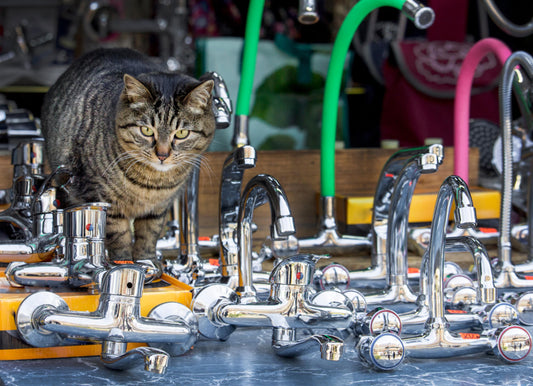Can Cats Eat Popcorn? Exploring the Risks and Rewards for Your Furry Friend
Cat Water Fountains Australia
Share This Article
| Summary: While cats can technically eat popcorn, it is not recommended as a regular treat or part of their diet. The potential risks, including choking hazards, excessive salt, and digestive upset, outweigh any enjoyment they may get from it. |
As cat owners, we often enjoy snacking on popcorn during movie nights or as a tasty treat. It's only natural to wonder if we can share this crunchy delight with our feline friends. Cats have curious and inquisitive natures, and they may show interest in what we're eating. But can cats safely eat popcorn? Join us as we uncover the potential risks and benefits associated with offering this tempting treat to our beloved cats. Let's explore together and ensure the well-being of our furry companions!
Cat Hair Remover Roller
Buy Now
1. Understanding Feline Dietary Needs
Before we delve into the specifics of popcorn, it's essential to understand the dietary needs of cats. Cats are obligate carnivores, meaning their natural diet consists primarily of meat. They require a diet high in animal-based proteins to thrive and maintain optimal health.
2. Popcorn and Cats: The Verdict
The short answer is that cats can technically eat popcorn, but it is not recommended as a regular treat or part of their diet. While popcorn is not toxic to cats in small quantities, it offers little nutritional value for our feline friends and may pose certain risks.
3. Potential Risks of Feeding Popcorn to Cats
Choking Hazard: Popcorn kernels, especially unpopped ones, can be a choking hazard for cats due to their small size and hard texture. If a cat accidentally ingests a kernel whole, it can lead to choking or even blockage in their digestive system.
Salt and Seasonings: Most popcorn served to humans is heavily seasoned with salt, butter, or other flavourings. These additives can be harmful to cats, as their bodies are not adapted to handle high levels of sodium or other seasonings. Excessive salt intake can lead to dehydration and kidney problems in cats.
Unpopped Kernels: Unpopped popcorn kernels are especially dangerous for cats. If a cat bites into an unpopped kernel, it can fracture their teeth or cause oral injuries.
Digestive Upset: The high-fiber nature of popcorn can lead to digestive upset in cats, causing vomiting, diarrhea, or stomach discomfort.
4. Safer Treat Alternatives for Cats
Instead of offering popcorn to your feline companion, consider these safer and more suitable treat options:
Cat-Specific Treats: Many pet stores offer a wide variety of cat-specific treats that are designed to meet feline dietary needs and preferences. These treats are formulated to be safe and nutritious for cats.
Cooked Plain Meat: Offer small amounts of cooked plain meat, such as chicken or turkey, as a treat for your cat. Meat aligns more closely with their natural diet and provides essential nutrients they need.
Freeze-Dried Meat Treats: Freeze-dried meat treats are another excellent option for cats. They offer the taste and texture of fresh meat without any harmful additives.
5. Putting Your Cat First: Prioritising Health and Safety
While cats can technically eat popcorn, it is not recommended as a treat or part of their regular diet. The potential risks, such as choking hazards, excessive salt, and digestive upset, outweigh any limited enjoyment they may get from this human snack.
As responsible pet owners, it's crucial to prioritise our cats' well-being and provide them with a balanced diet that meets their specific dietary needs. Opt for safer and more suitable treat alternatives, such as cat-specific treats or small amounts of cooked plain meat, to show your feline companion that you care.
Remember, a happy and healthy cat is a cherished companion, and making informed choices about their diet is essential for their overall health and happiness.
Note: This article is intended for informational purposes only and should not be considered as veterinary advice. If you have specific concerns or questions about your cat's diet, it is recommended to consult with a qualified veterinarian.
